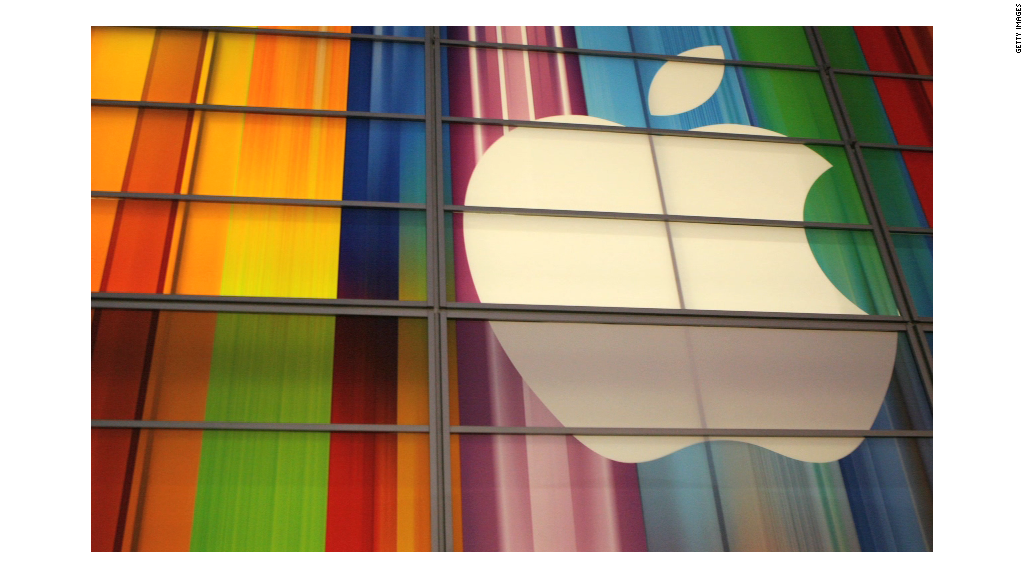
Europe's top regulator has accused Ireland of striking a deal with Apple in 1991 that helped the tech giant to artificially lower its tax bill for more than 20 years.
The European Commission published details of its case Tuesday after announcing in June that it was probing tax arrangements between Apple (AAPL) and Ireland, and Starbucks (SBUX) and the Netherlands.
Apple has paid as little as 2% on profits attributed to its subsidiaries in Ireland, where the top rate of corporate tax is 12.5%.
The European Union's investigation continues, and Apple will have a chance to challenge the allegations. But if the EU concludes that the tax deal broke rules on state aid, Ireland will have to recover billions of dollars in tax owed by Apple.
The Irish government says it did not break the law on state aid and has addressed "misunderstandings" with the European Commission.
"Ireland welcomed that opportunity to clarify important issues about the applicable tax law in this case and to explain that the company concerned did not receive selective treatment and was taxed fully in accordance with the law," said the Irish finance department in a statement Monday.
Apple maintains that it pays its fair share of taxes and didn't get any preferential treatment.
"We're subject to the same tax laws as the countless other companies who do business in Ireland," Apple said in a statement.
Apple's Irish headquarters -- based in Cork -- employ 4,000 workers, making it the biggest employer in the city. It employs a further 12,000 people across the rest of Europe.
Related: How Apple scores its lower tax bill
Apple has been attacked for its various strategies to minimize its tax bill, including shifting costs and profits between different nations to take advantage of favorable tax rules.
In particular, experts say Apple transfers a large amount of its research and development costs from the U.S. to its Irish subsidiaries, allowing the Irish unit to profit from intellectual property.
A 2013 U.S. Senate report notes that "the company operates in numerous countries around the world, but it does not transfer intellectual property rights to each region or country where it conducts business. Instead, the transfer of economic rights is confined to Ireland alone, where the company enjoys an extremely low tax rate."
Related: EBay is spinning off PayPal
The European Commission will release details of its case against Starbucks soon.
It has also been pursuing a similar probe examining the taxation of a unit of the automaker Fiat (FIATY) in Luxembourg.

